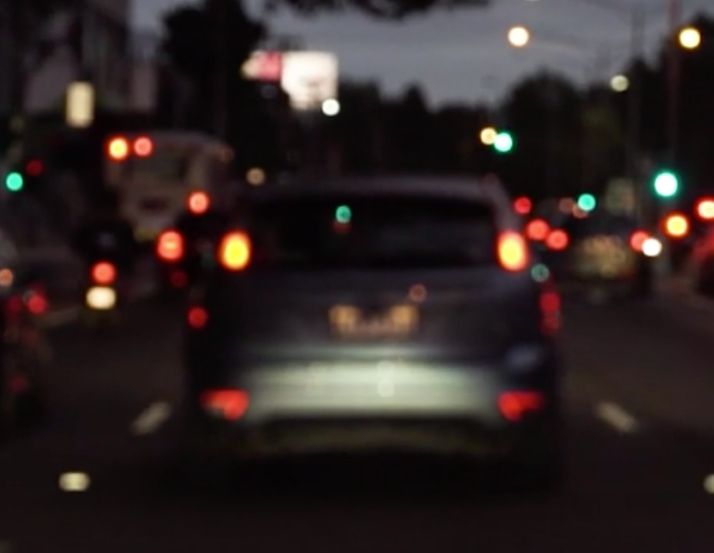Driving Vision Test in Lake Macquarie
Clear Vision, Safer Journeys
Your ability to see clearly plays a critical role in safe driving. At Ian Emslie Optometrist in Lake Macquarie, we provide driving vision assessments designed to meet licensing standards and enhance road safety.
Whether you’re renewing a license, preparing for a driving test, or simply prioritising your road readiness, our assessments are designed to evaluate the key aspects of your vision required for safe driving. Our assessments include tests for visual acuity, depth perception, and peripheral vision—essential for responding to road conditions, spotting hazards, and navigating traffic.
Using a range of techniques and tailored care, we focus on identifying any challenges that might affect your driving ability. If you need updates to your prescription or recommendations for corrective eyewear, we can provide practical solutions to keep you safe on the road.
Take the next step toward confident driving. Contact us today at 02 4947 4577 to schedule your driving vision test in Lake Macquarie.
Customised Vision Solutions
Our driving vision assessments and personalised care plans can help support individual vision needs for safety and clarity on the road.
Comprehensive Eye Health Services
Offering a full range of services, including vision tests, diagnostic evaluations, and eyewear options, designed to support all aspects of eye care.
Commitment to Early Detection
We use detailed vision assessments, designed to detect potential changes early, supporting ongoing eye health and potentially reducing the risk of complications over time.
Frequently Asked Questions
What is a vision test, and why is it important?
A vision test evaluates your eyesight, assessing clarity, depth perception, peripheral vision, and eye coordination. It can help detect vision issues early, inform proper prescriptions, and monitor eye health. Regular testing supports clear vision, can prevent strain, and identify conditions like glaucoma or cataracts for timely management.
How often should I get a vision test?
Most adults should have a vision test every 1–2 years. Children may also need regular exams to support visual development. If you have eye conditions, diabetes, or are over 60, annual testing is recommended to monitor changes and address potential issues early.
What does a driving vision test involve?
A driving vision test measures clarity, peripheral vision, and depth perception to assess your ability to drive safely. This helps you to meet legal standards, spot hazards, and respond effectively while driving. Some tests may also include glare recovery or low-light vision assessments.
Your Roadmap to Clear Sight
Clear vision plays an important role in safe driving, helping with distance judgment, hazard awareness, and reading road signs. Even small changes in eyesight may affect depth perception, peripheral vision, and visibility in low-light conditions.
Routine vision assessments help detect changes that may impact driving. These tests are available for both new and experienced drivers, evaluating clarity at different distances and in varying light conditions.
Assessments may also provide insights into vision changes that can affect response times and overall driving comfort. If corrective lenses are required, regular eye tests help confirm prescription accuracy and compliance with licensing requirements.
By staying informed about vision health, drivers can take steps to maintain visual clarity and awareness on the road.
What’s Included in a Vision Test?
A driving vision test evaluates critical aspects of your eyesight to help you meet road safety standards. The test begins with a visual acuity check to assess how well you see at various distances.
This is followed by depth perception testing, which measures your ability to judge distances accurately—essential for parking and navigating traffic. Peripheral vision testing is another important component, as it determines how well you can see objects to the side while focusing on the road ahead.
This is key for spotting other vehicles or pedestrians. Additional tests may include glare recovery, which evaluates how quickly your eyes adapt after exposure to bright lights, such as oncoming headlights at night.
These assessments are essential for identifying any vision challenges that might impact your driving. If corrective lenses are recommended, we’ll guide you in selecting the best option to enhance your clarity and confidence on the road.













